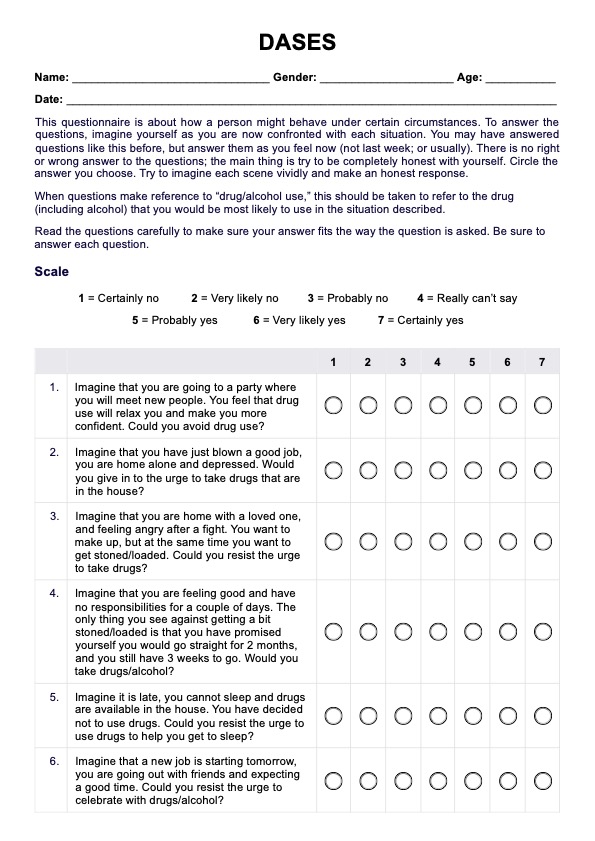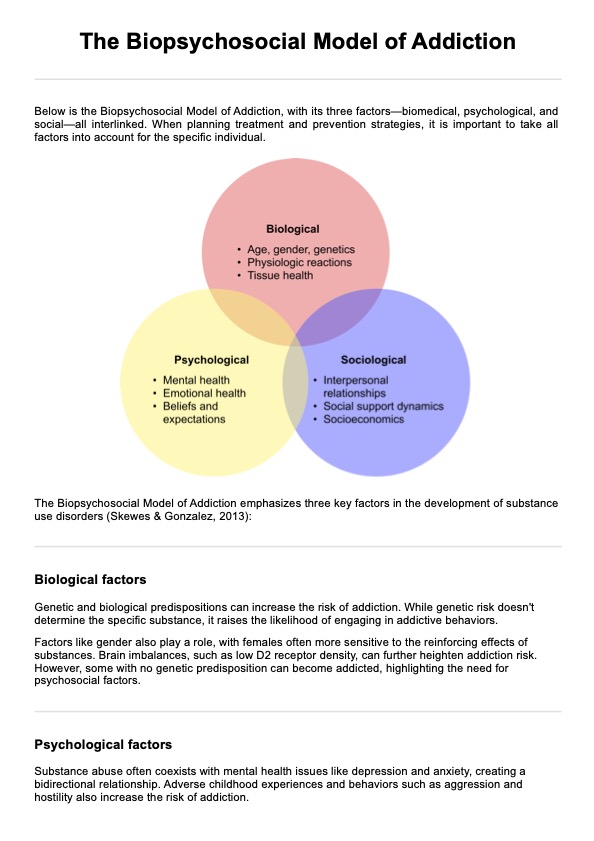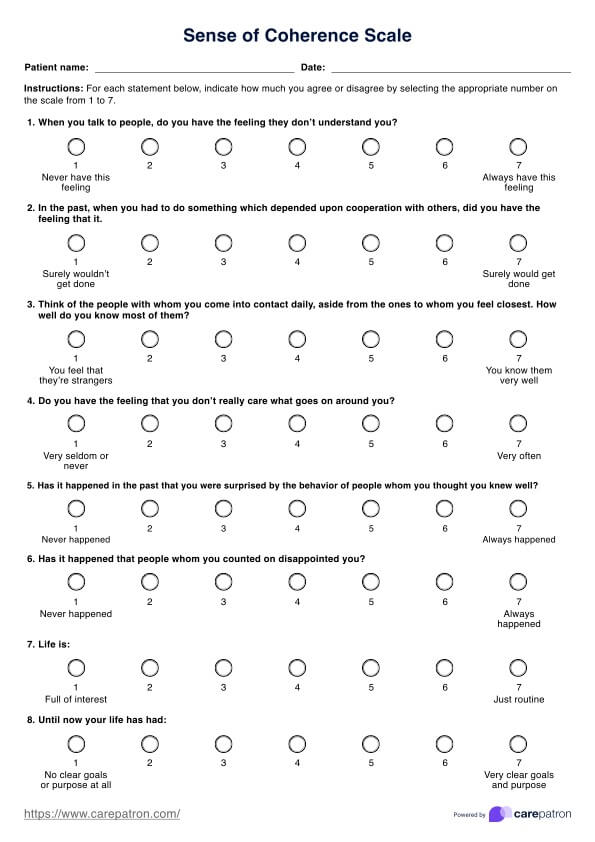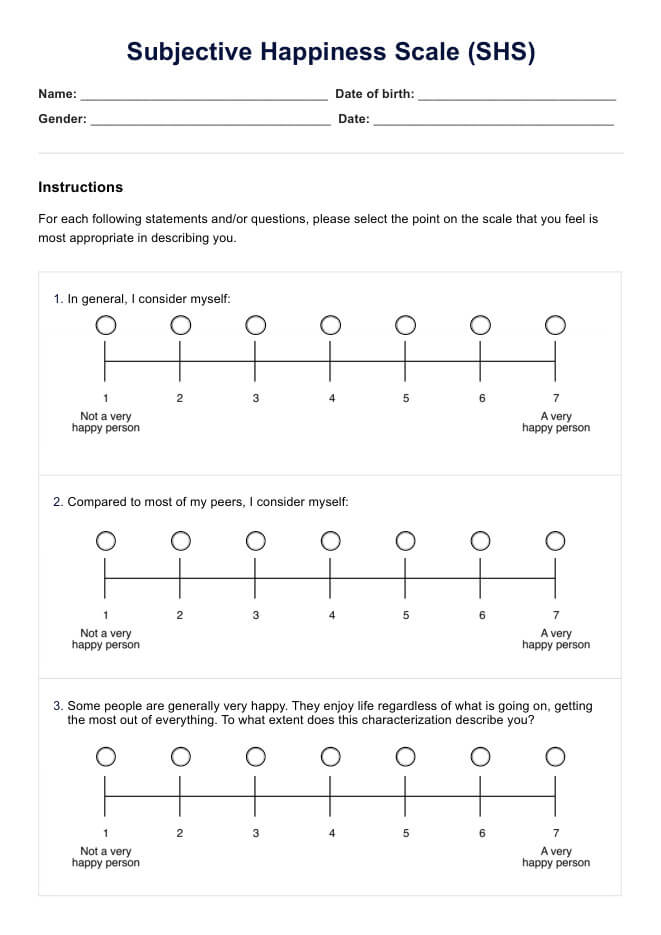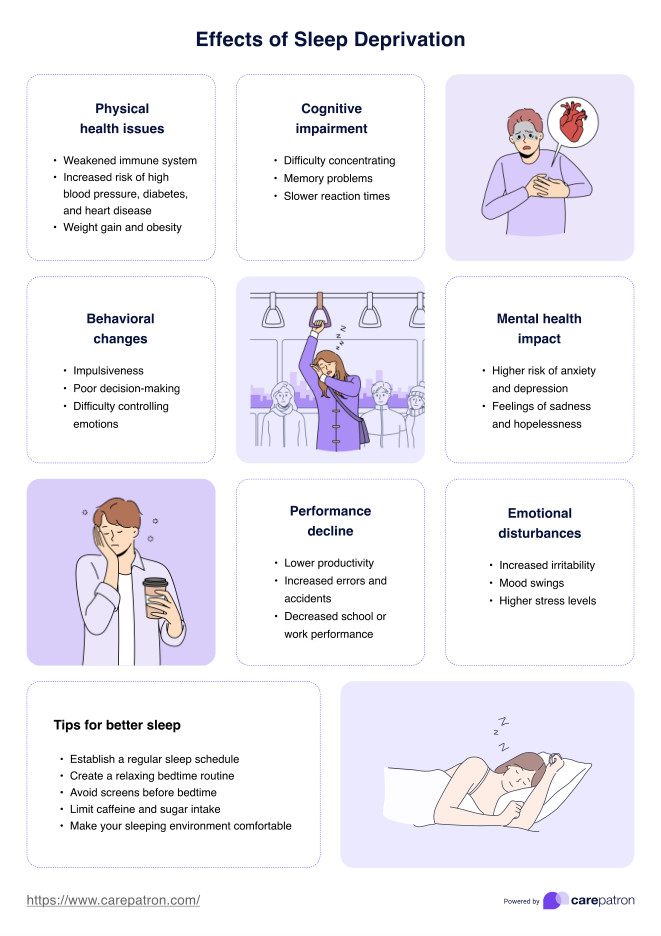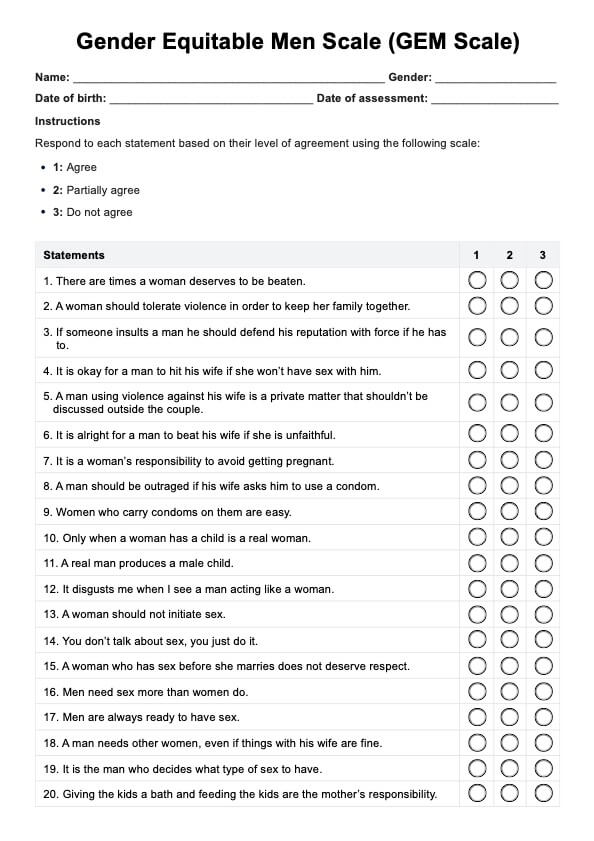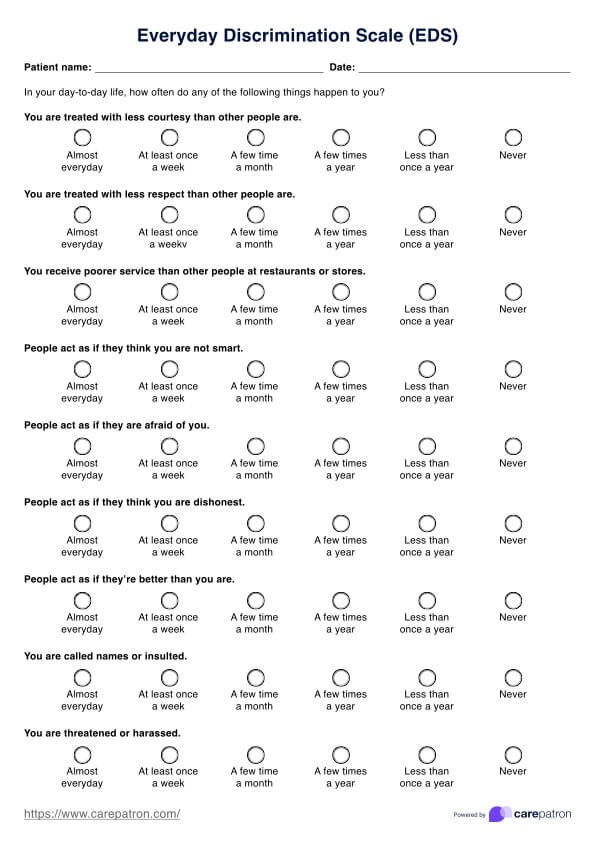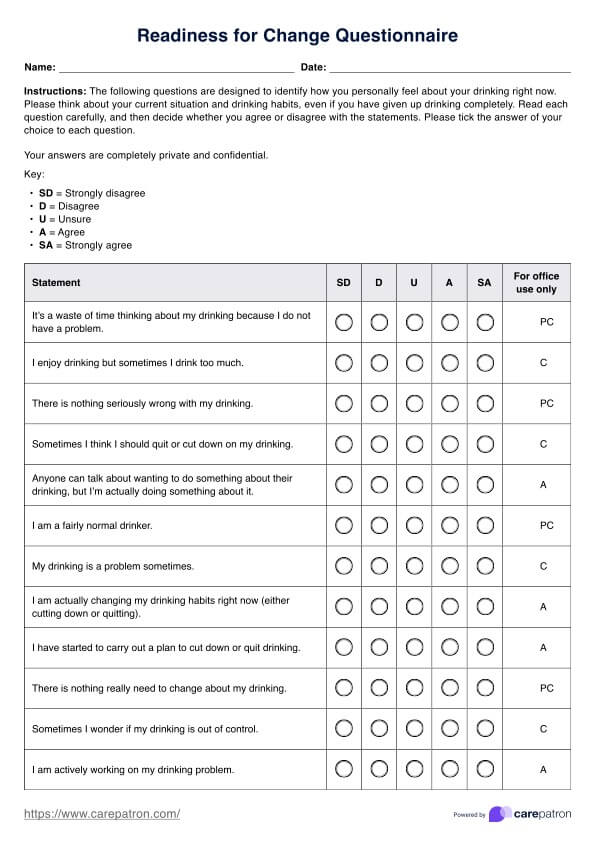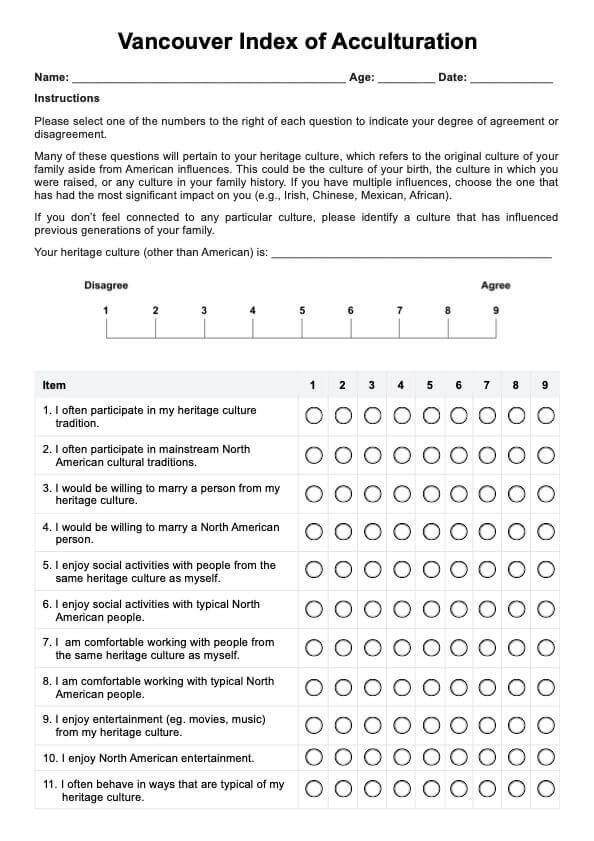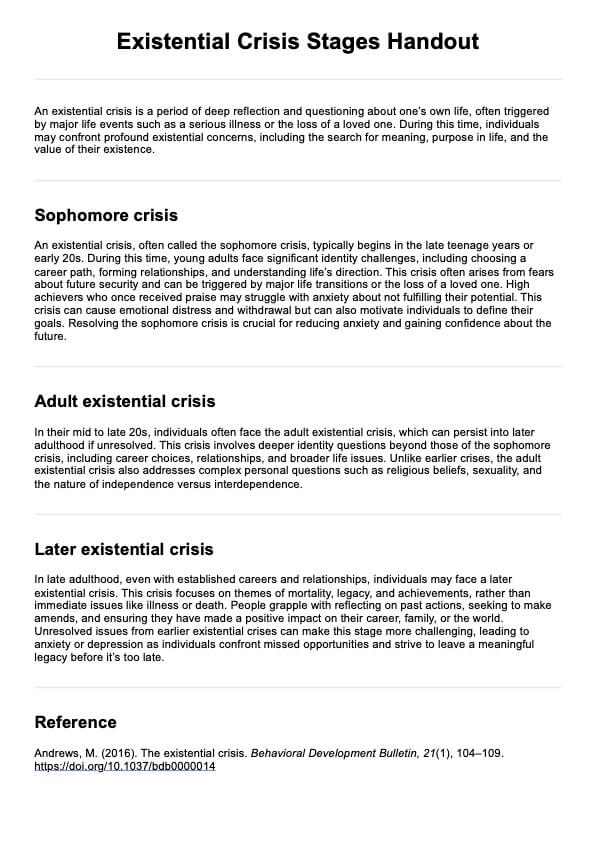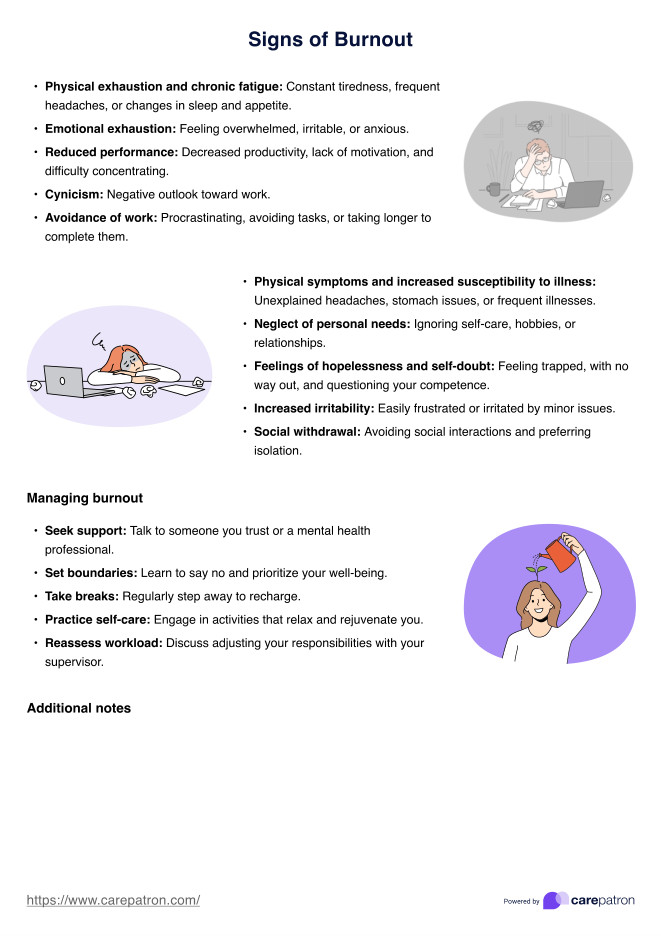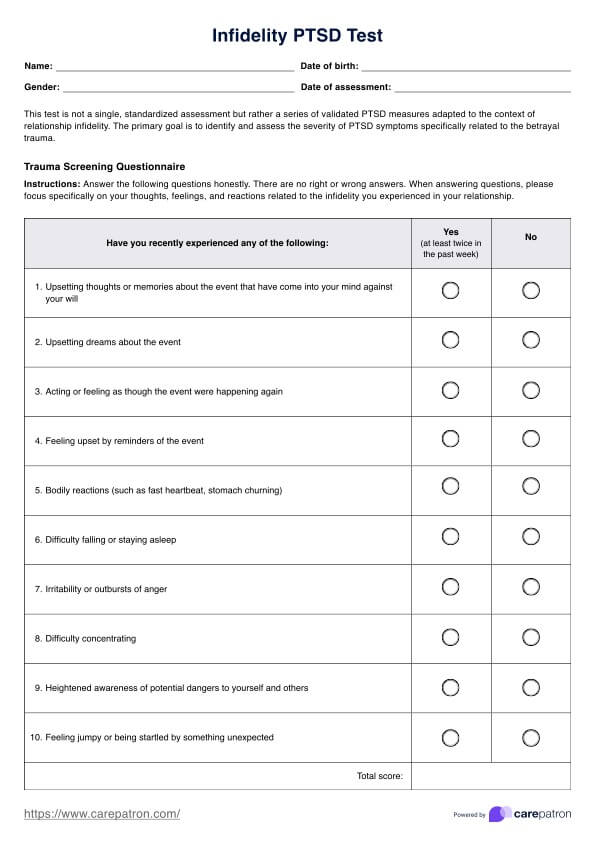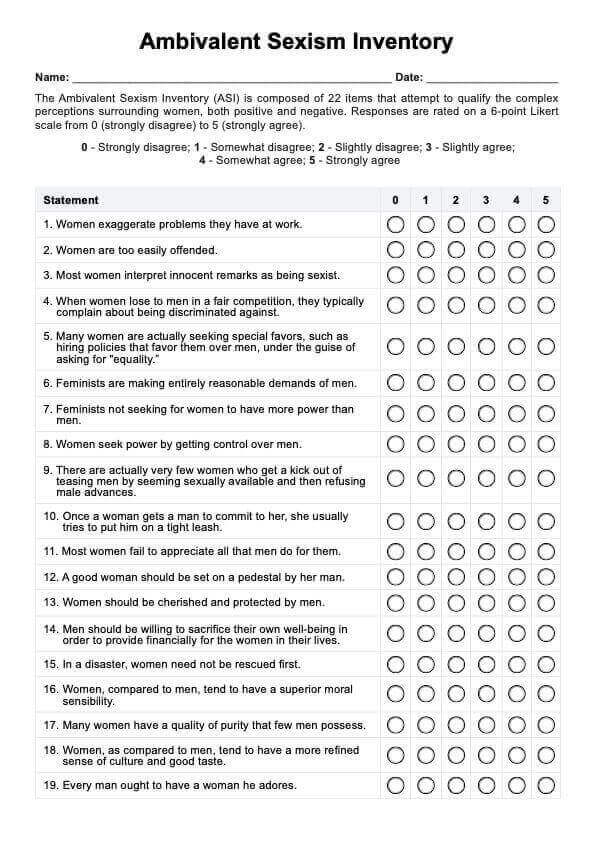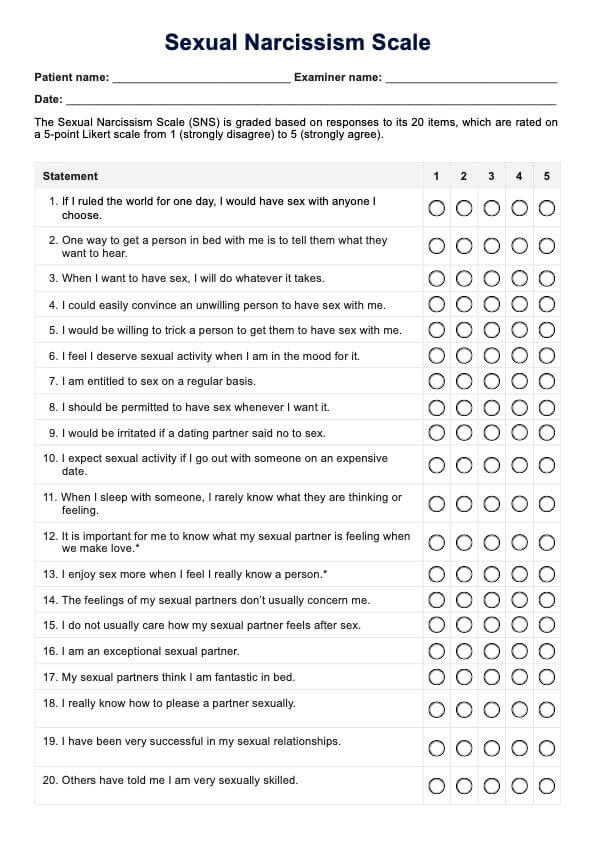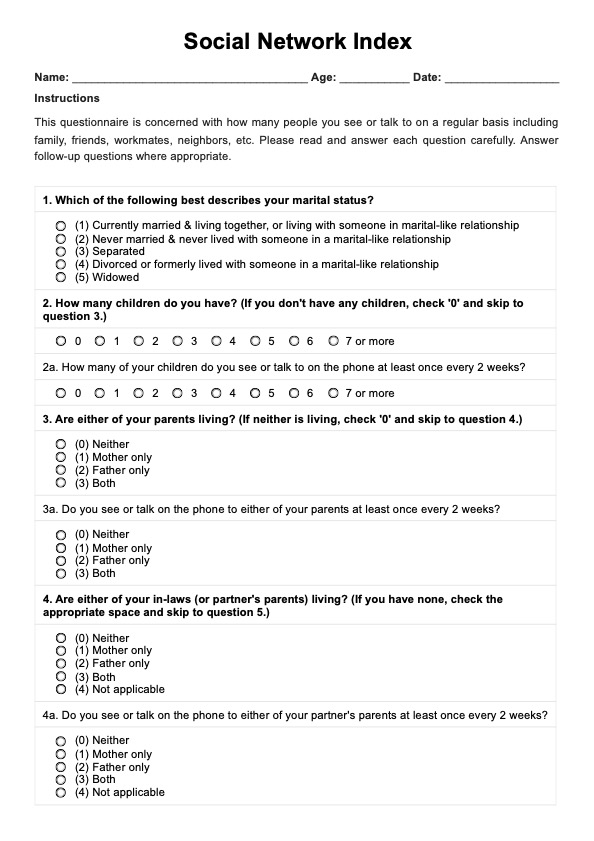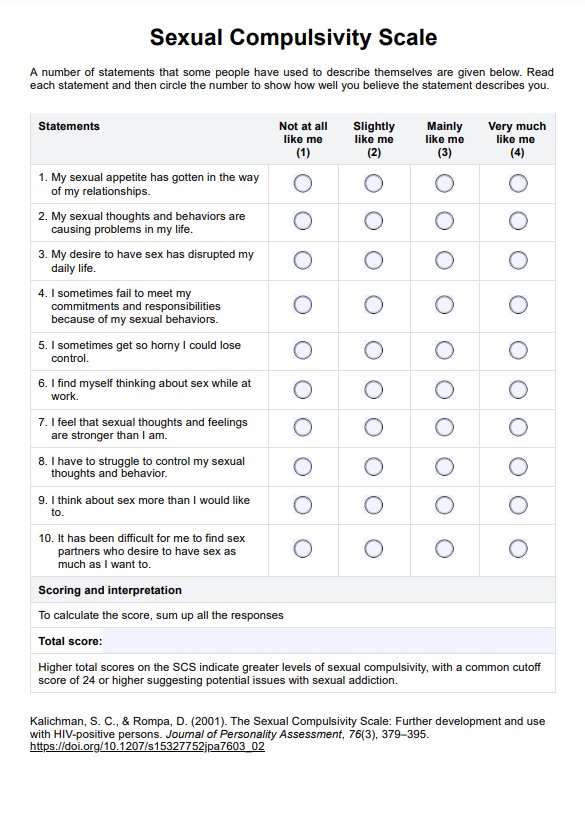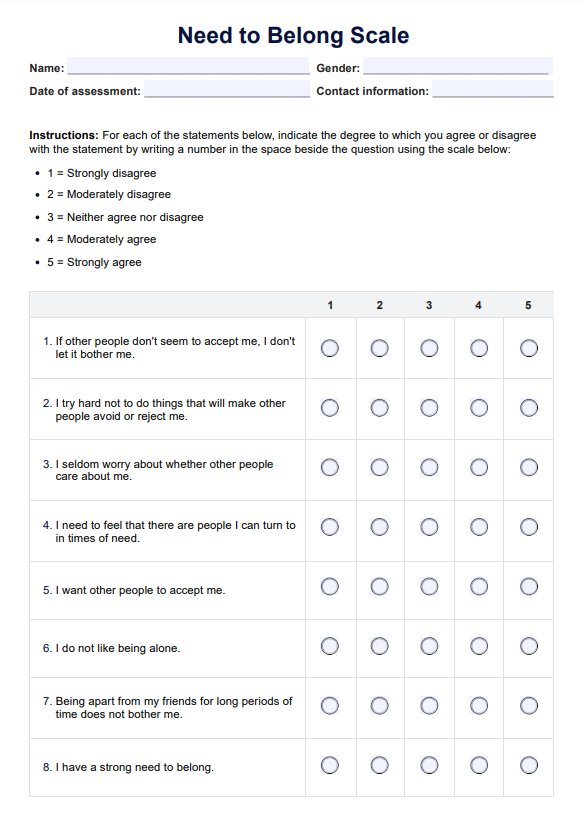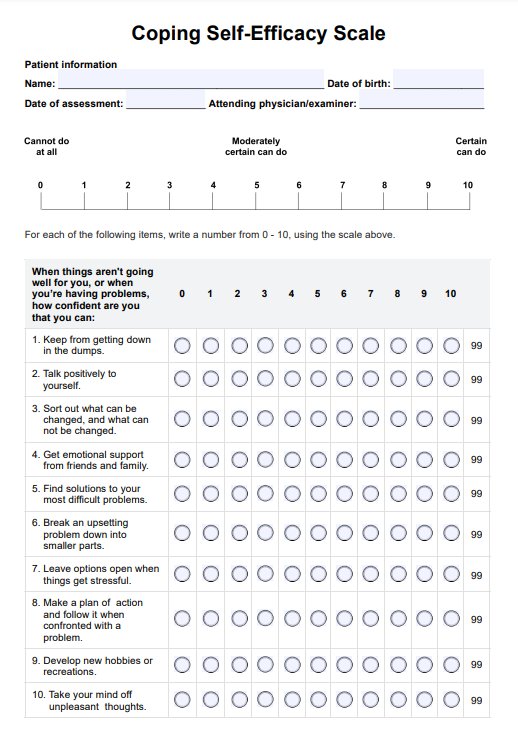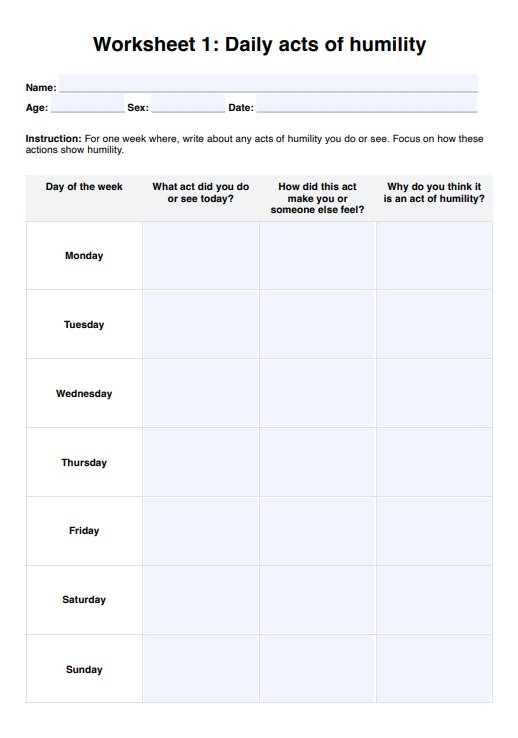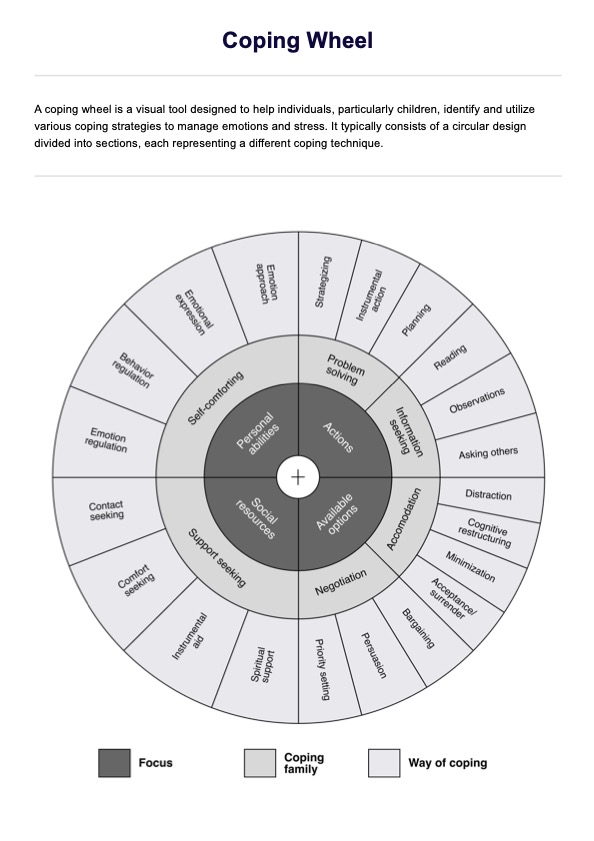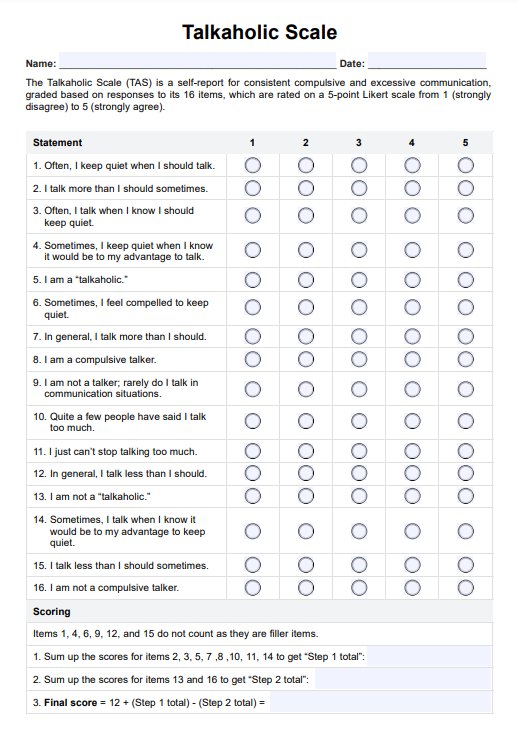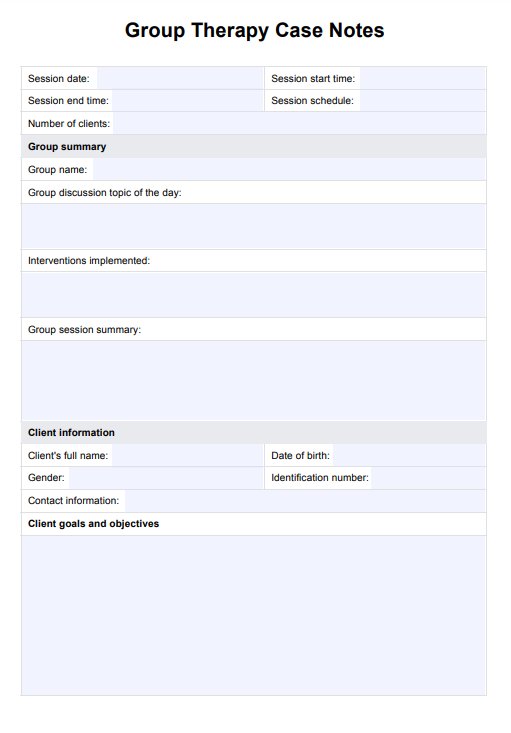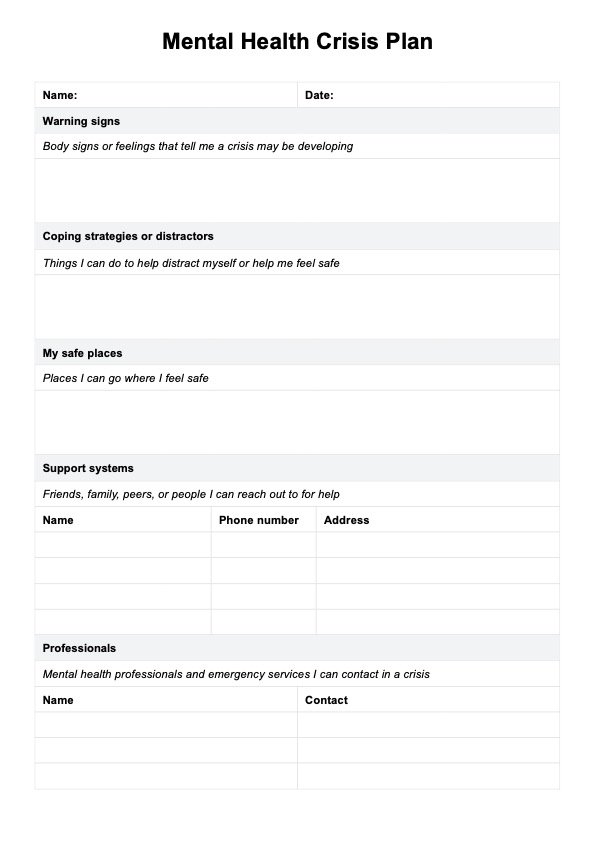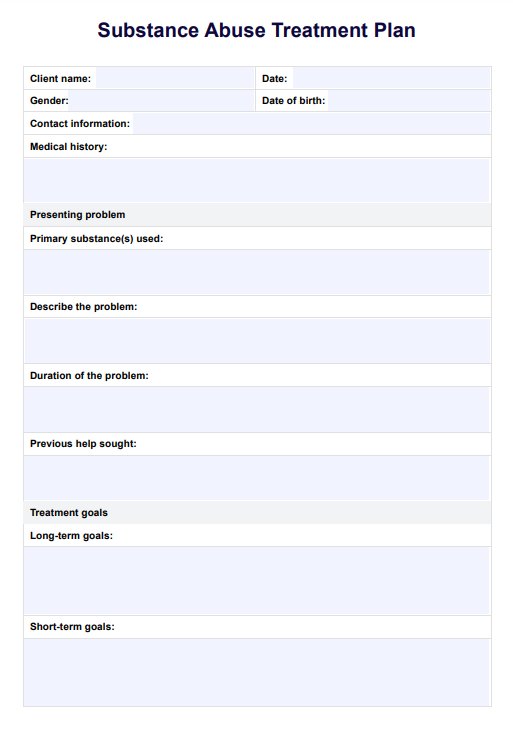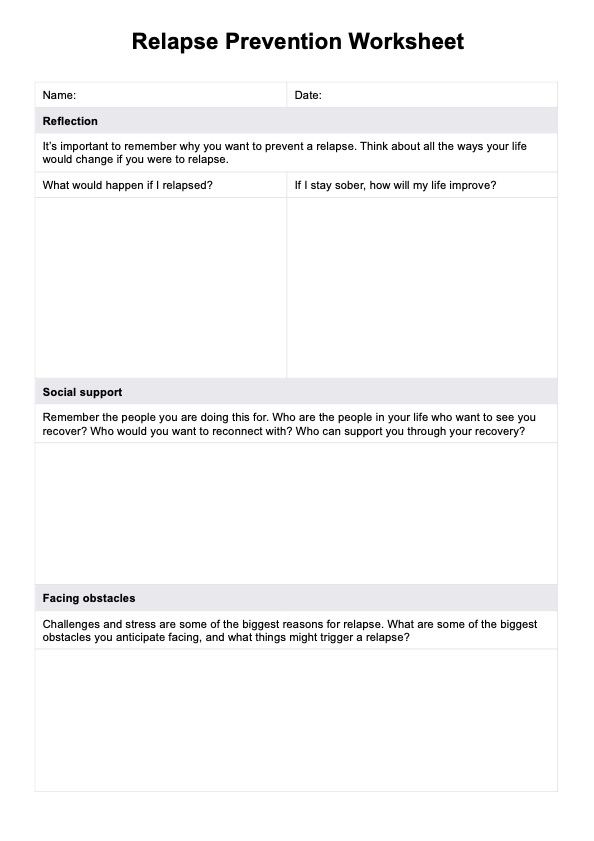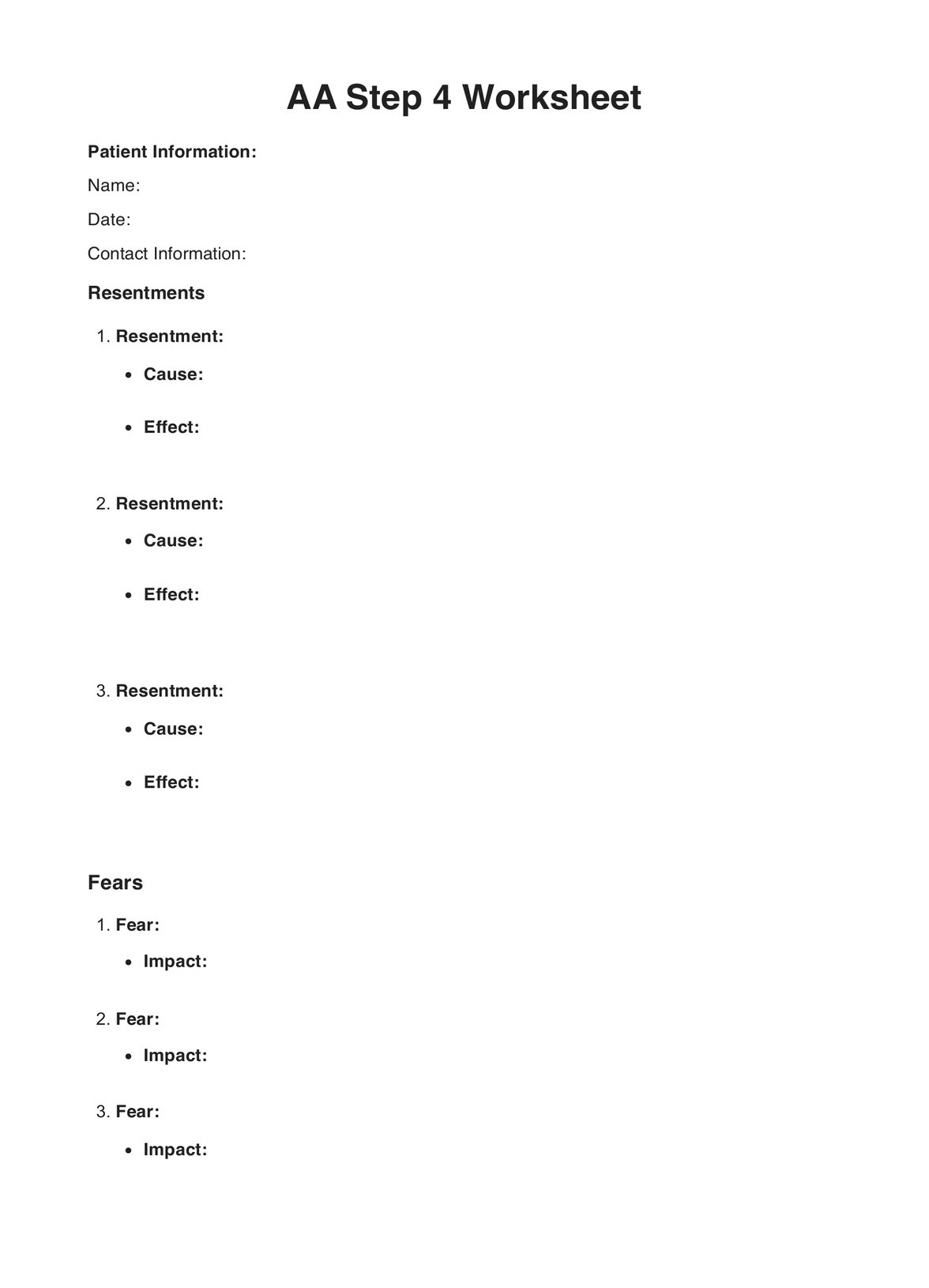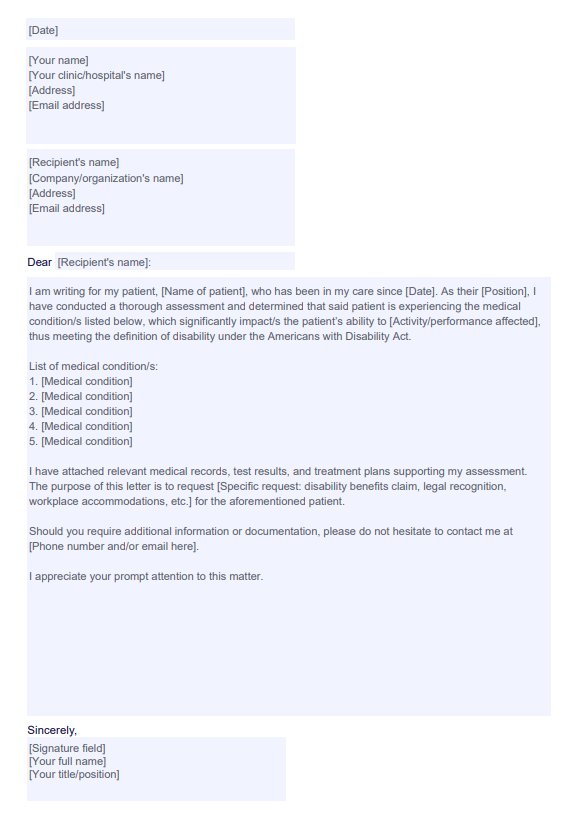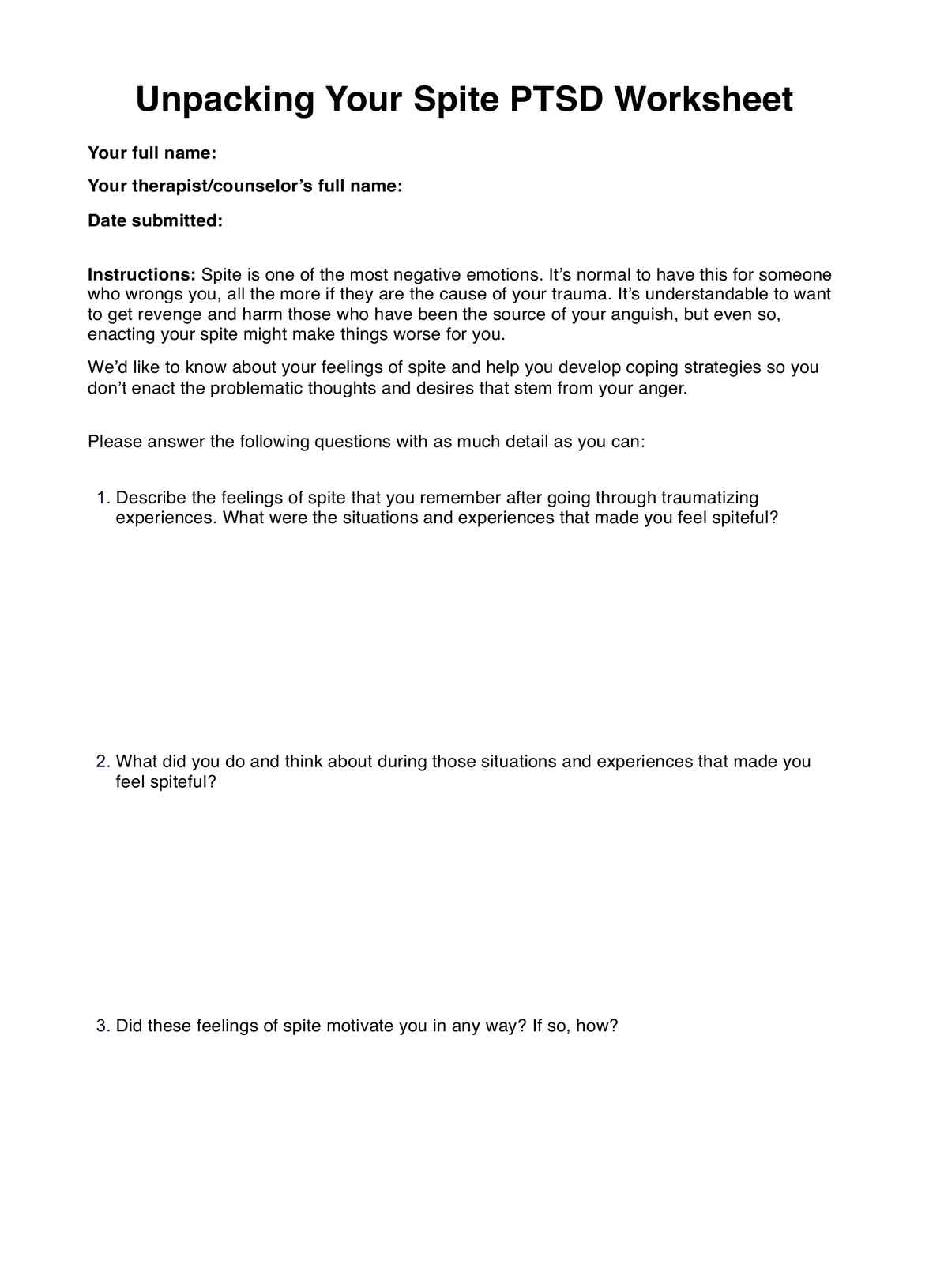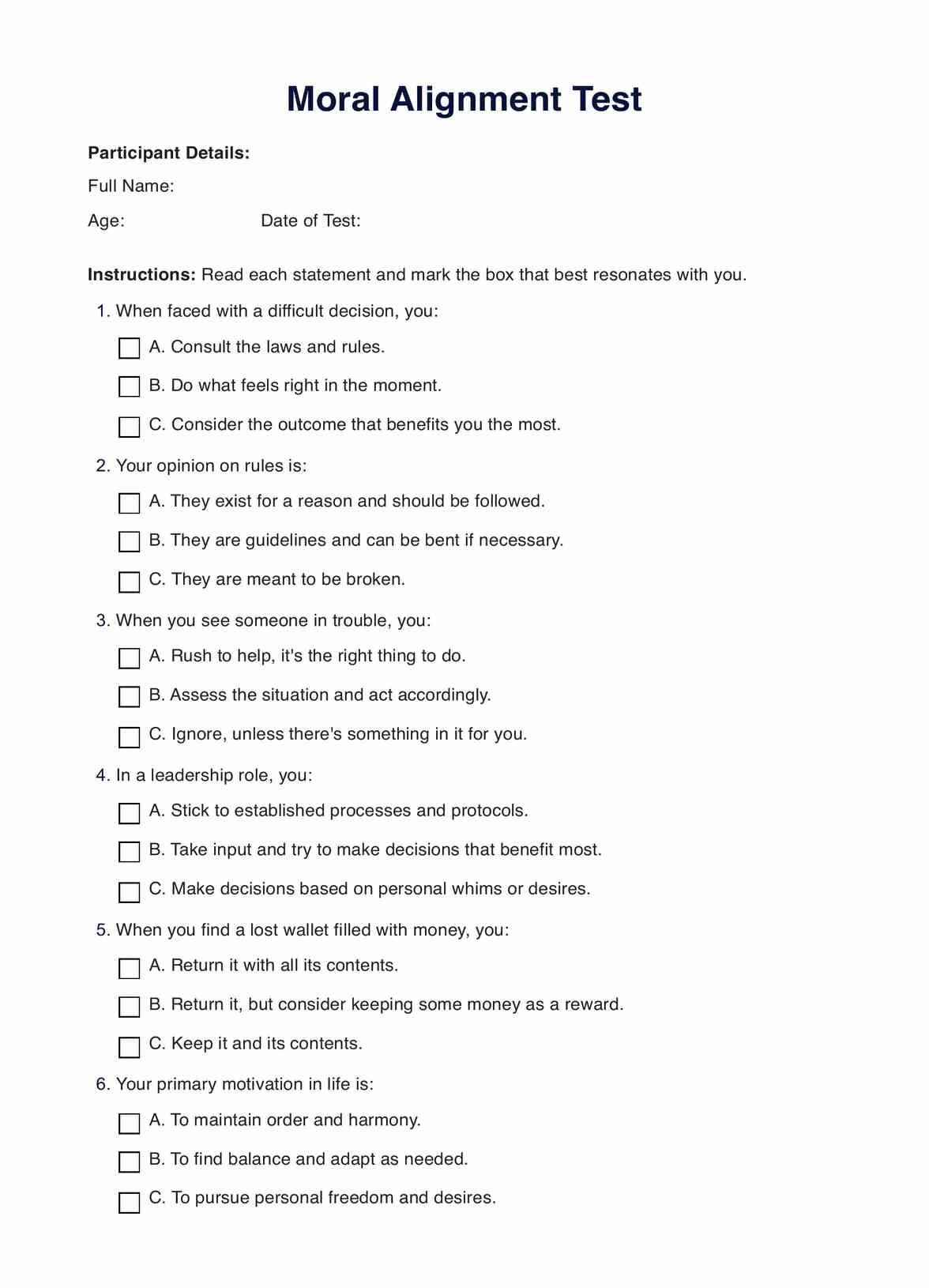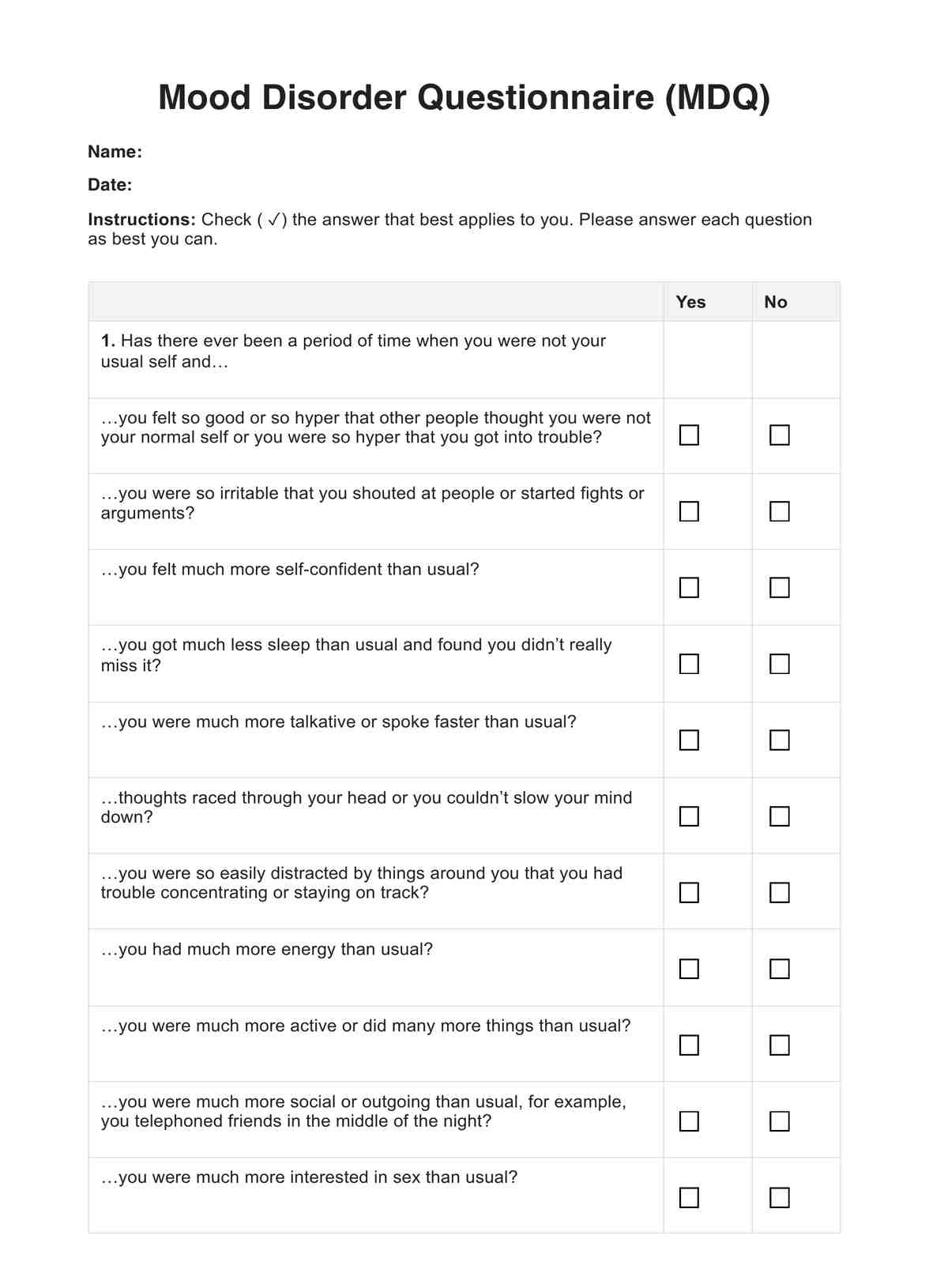AA Step 9 Worksheets
Explore the benefits of the AA Step 9 Worksheet. Facilitate accountability, personal growth, and long-term recovery success with this effective tool.
�?�


What is an AA Step 9 Worksheet?
The AA Step 9 Worksheet is instrumental in the Alcoholics Anonymous 12-step recovery program. Its purpose lies in guiding individuals through the ninth step of the recovery process, which involves making direct amends to individuals they have harmed during their addiction, except if doing so would cause further harm to them or others.
This worksheet is meticulously designed to provide a structured framework, enabling individuals to identify those they've wronged, reflect on the extent and nature of the harm inflicted, and strategize actionable steps toward making amends. It serves as a roadmap, leading individuals through the often challenging terrain of acknowledging and addressing past wrongs.
The essence of the is to facilitate making amends and foster healing, personal growth, and the development of a healthier sense of self. By systematically working through the worksheet, individuals can confront their past actions, take responsibility, and initiate healing. This tool encourages introspection, accountability, and the development of empathy, all of which are critical components on the journey to recovery.
The AA Step 9 Worksheet is more than just a piece of paper�??it guides individuals toward reconciliation, healing, and growth.
You can refer to this explainer video for a more detailed understanding of how the AA Step 9 Worksheet functions.
AA Step 9 Worksheets Template
AA Step 9 Worksheets Example
How to Use the AA Step 9 Worksheet:
The journey toward recovery from addiction can be challenging, but resources like the AA Step 9 Worksheet can make that journey more navigable. This worksheet is a critical step in the Alcoholics Anonymous 12-step program, designed to help individuals make amends to those they've harmed during their addiction.
Here's a step-by-step guide on how you can utilize this resource effectively:
Step 1: Understand the Purpose
Before starting with the worksheet, it's important to understand its purpose. The AA Step 9 Worksheet facilitates making amends, a critical step toward recovery. It aims to assist individuals in acknowledging their past wrongs, understanding the harm they've caused, and planning actionable steps to remedy this.
Step 2: Read the Instructions Carefully
Start by thoroughly reading the instructions provided on the worksheet. This will ensure you understand what's required and how to fill out the form properly.
Step 3: Identify and List Harmed Individuals
Reflect on your past actions and identify the people you've harmed during your addiction. List them on the worksheet, providing a clear record to refer back to as you continue your journey.
Step 4: Reflect on the Harm Done
For each person listed, reflect on the harm you've caused. This could be emotional, physical, or financial harm. Writing it down can be a powerful reminder of the impact of your actions.
Step 5: Plan Your Amends
Consider how you can make amends to each person on your list. This plan should not result in further harm and should be realistic, considering your current circumstances.
Step 6: Draft Apologies or Statements of Amends
Write an apology or a statement of amends for each individual on your list. This can be a starting point when you reach out to those you've harmed.
Step 7: Consult Before Taking Action
Before making amends, consult a sponsor, therapist, or trusted advisor. Their insight can provide valuable guidance and support as you navigate this challenging step.
Step 8: Begin Making Amends
When you feel ready, begin making amends. It's often helpful to start with less challenging situations and gradually work towards the more difficult ones.
Step 9: Update Your Worksheet
As you progress, continuously update your worksheet. This can provide a clear record of your journey, providing motivation and encouragement.
We have Printable AA Step 9 Worksheets readily available online, providing an accessible tool that can be easily integrated into your recovery process.
When Would You Use This Form?
The AA Step 9 Worksheet is a crucial resource within the Alcoholics Anonymous 12-step recovery program, specifically tailored for use during the ninth step of this transformative journey. This step is initiated once individuals have traversed several significant milestones in their recovery.
The worksheet becomes particularly relevant after individuals have completed the following steps:
- Step 5: Admitting to themselves, their Higher Power, and another human being the exact nature of their wrongs.
- Step 6: Becoming entirely ready to have their Higher Power remove all these character defects.
- Step 7: Humbly ask their Higher Power to remove their shortcomings.
- Step 8: Make a list of all persons they had harmed and become willing to make amends to them all.
The AA Step 9 Worksheet is a pivotal guide during this stage, helping individuals plan and carry out their amendment process healthily and constructively. It's typically used under a sponsor's or therapist's supervision, ensuring that making amends doesn't cause further harm to either party involved.
This resource is particularly helpful for those ready to take responsibility for their past actions, make amends where possible, and move towards a healthier and more balanced life.
Benefits
Structured Approach to Making Amends: The AA Step 9 Worksheet offers a systematic and thoughtful approach, ensuring that this crucial step is undertaken with due diligence and respect.
Facilitates Introspection and Accountability
By asking individuals to detail the harm they've caused, the worksheet encourages deep introspection and fosters a sense of accountability for past actions.
Confronting the Impact of Addiction
The worksheet helps individuals confront the consequences of their addiction, acknowledging the harm inflicted on others.
Aids in Healing and Reconciliation
Making amends can be a significant step towards healing and reconciliation with those harmed.
Supports Personal Growth and Development
Working through the worksheet can stimulate personal growth and emotional development, key recovery components.
Fosters Emotional Maturity and Empathy
Making amends requires emotional maturity and empathy, both fostered through the worksheet.
Encourages Ownership of Past Actions
The worksheet prompts individuals to take responsibility for their actions, a crucial step toward long-term recovery.
Enhances Communication Skills
Crafting apologies and making amends can significantly improve an individual's communication skills.
Contributes to Long-Term Recovery Success
Successfully making amends can contribute to a person's long-term recovery, fostering a healthier and more balanced life.
We have free AA Step 9 Worksheets available online, providing a convenient and accessible resource for those committed to the recovery process.
Research & Evidence
The 12-step program, including Step 9, has its roots in Alcoholics Anonymous (AA), established in the 1930s. Since then, it has been extensively studied and found effective in promoting recovery from alcoholism and other forms of addiction.
Research has underscored the role of making amends, as facilitated by Step 9, in successful recovery. It allows individuals to confront their past actions, take responsibility, and set the healing process in motion. A study published on PsycNET emphasizes that individuals with a history of religious behaviors are likelier to engage in 12-step groups.
While there aren't specific studies focusing on the AA Step 9 Worksheet, its basis in the well-established principles of the 12-step program implies its potential efficacy. The worksheet's design facilitates introspection, accountability, and the development of a structured approach to making amends.
Moreover, a study published in the Journal of Substance Abuse Treatment noted that treatment workers in the United Kingdom showed evidence of rejecting the 12-step approach, indicating the need for tools like the AA Step 9 Worksheet that can provide a structured guide to the process.
While further research is needed specifically on the AA Step 9 Worksheet, its grounding in the time-tested principles of the 12-step program and the existing body of research on these principles suggest its potential value in aiding the recovery process.
References
- https://www.aa.org/pages/en_US/historical-data-the-birth-of-aa-and-its-growth-in-the-uscanada
- https://books.google.com/books?hl=en&lr=&id=97ZaEAAAQBAJ&oi=fnd&pg=PA141&dq=history+of+the+12-step+program+research+and+evidence&ots=OcJMFz0WX7&sig=4giptMxxYoYTLApe72Sz80fnahY
- https://psycnet.apa.org/record/1999-11785-018
- https://www.tandfonline.com/doi/abs/10.1080/07347324.2020.1846478
- https://www.sciencedirect.com/science/article/pii/S0740547205001753
Commonly asked questions
Individuals following the AA 12-step program for recovery from alcoholism and other addictions typically use the AA Step 9 Worksheets.
These worksheets are used during the ninth step of the 12-step recovery program.
They list the people harmed during one's addiction, reflect on the harm done, and plan actionable steps to make amends.

.jpg)
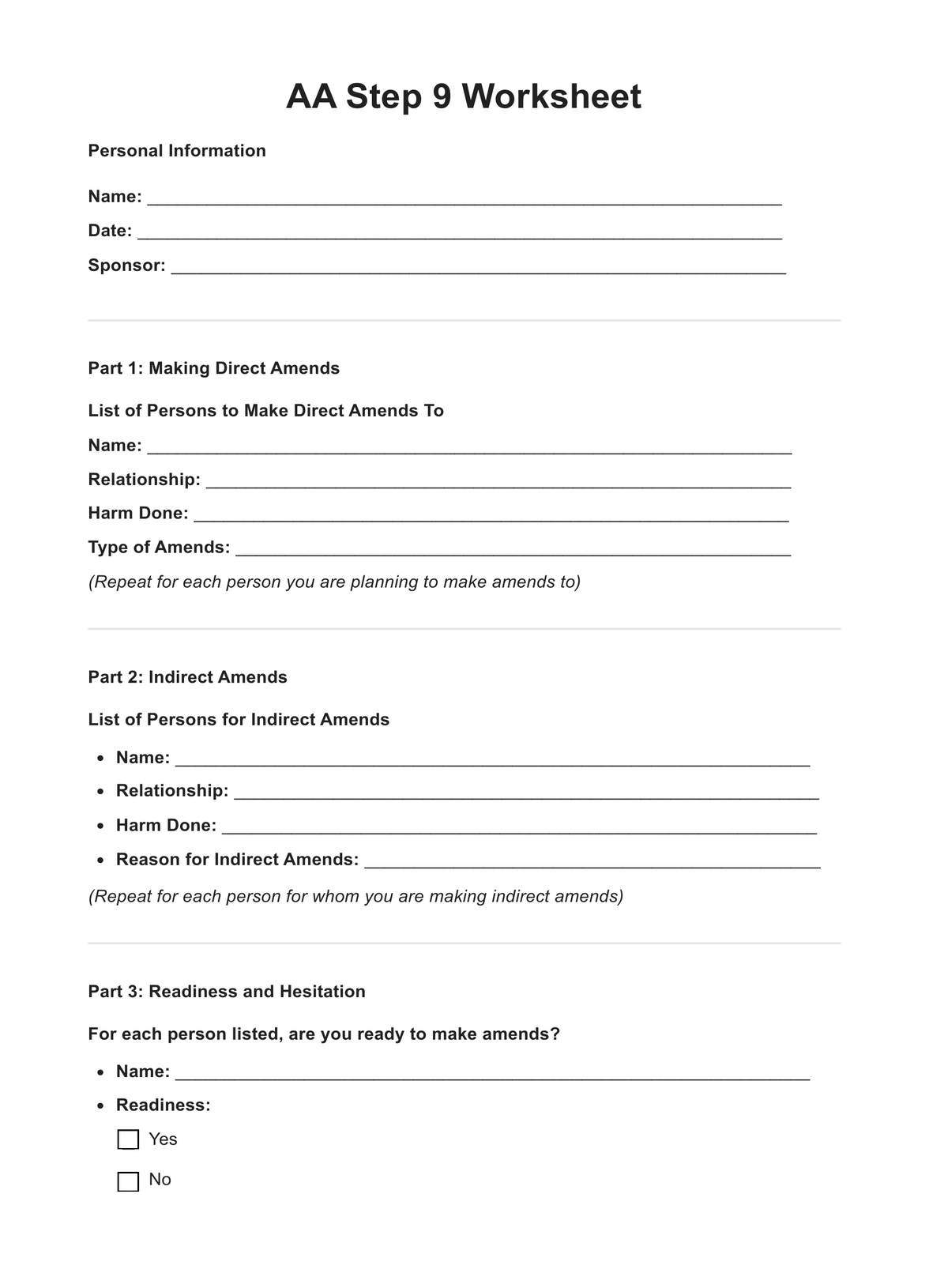
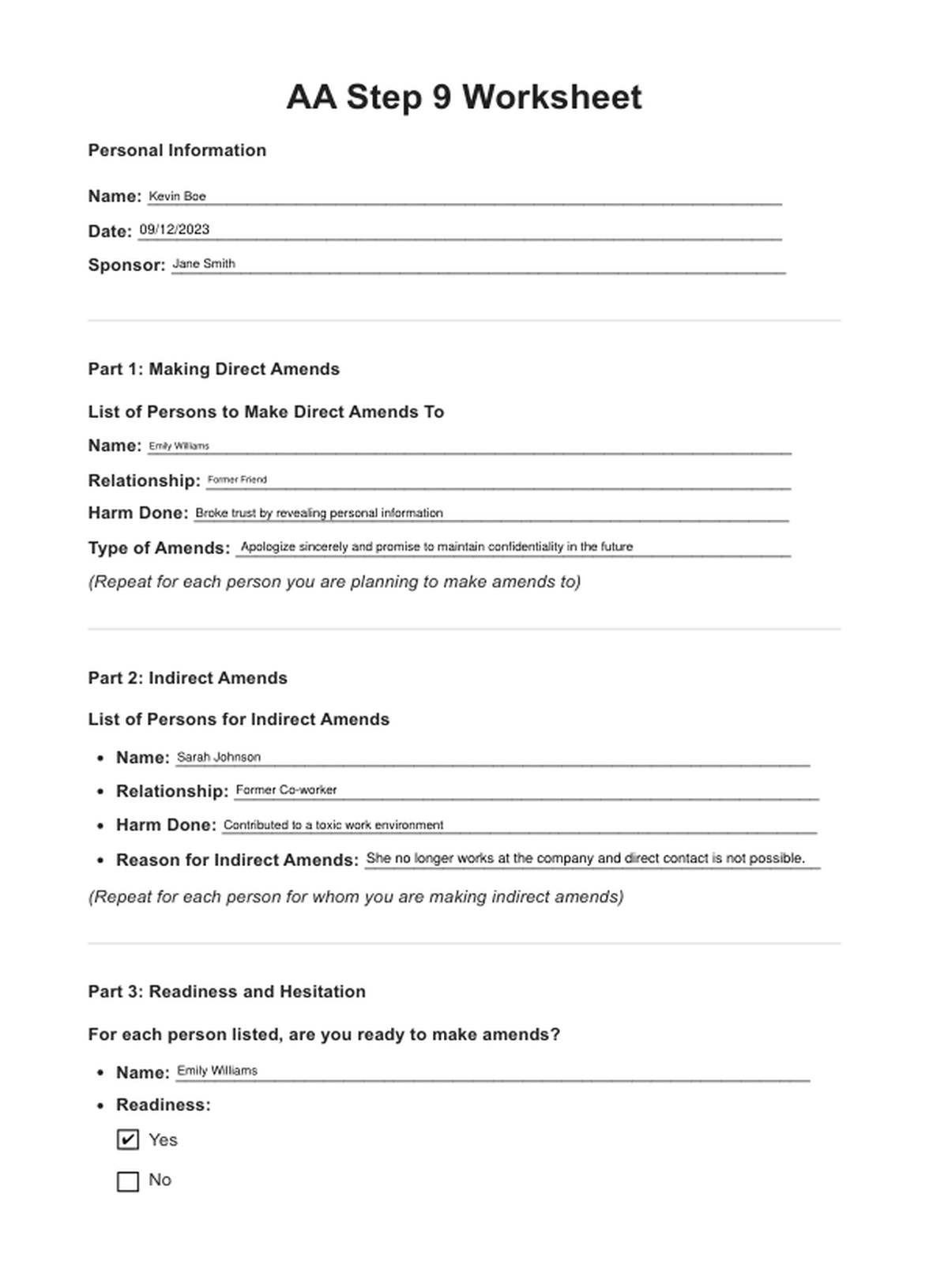

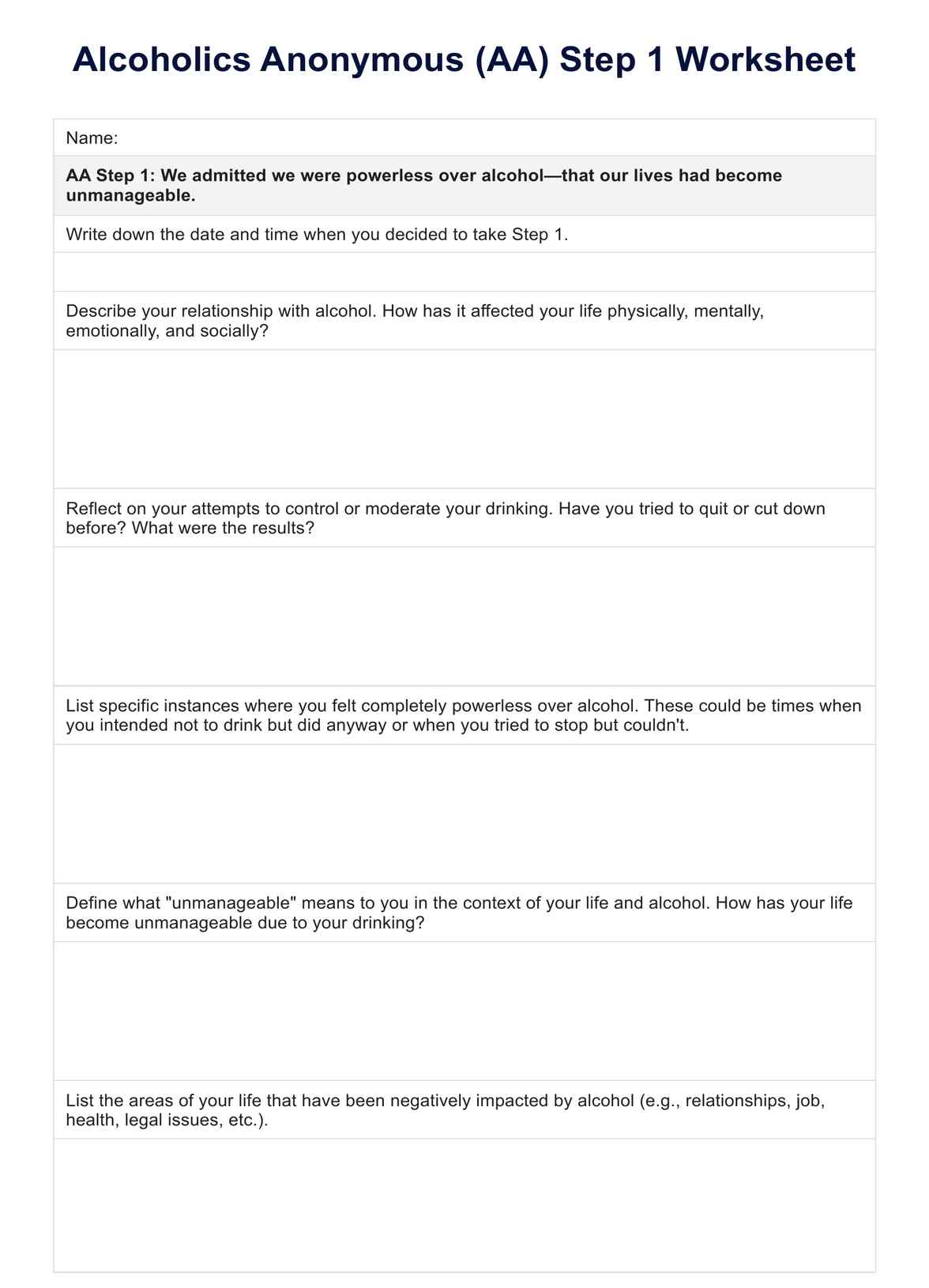
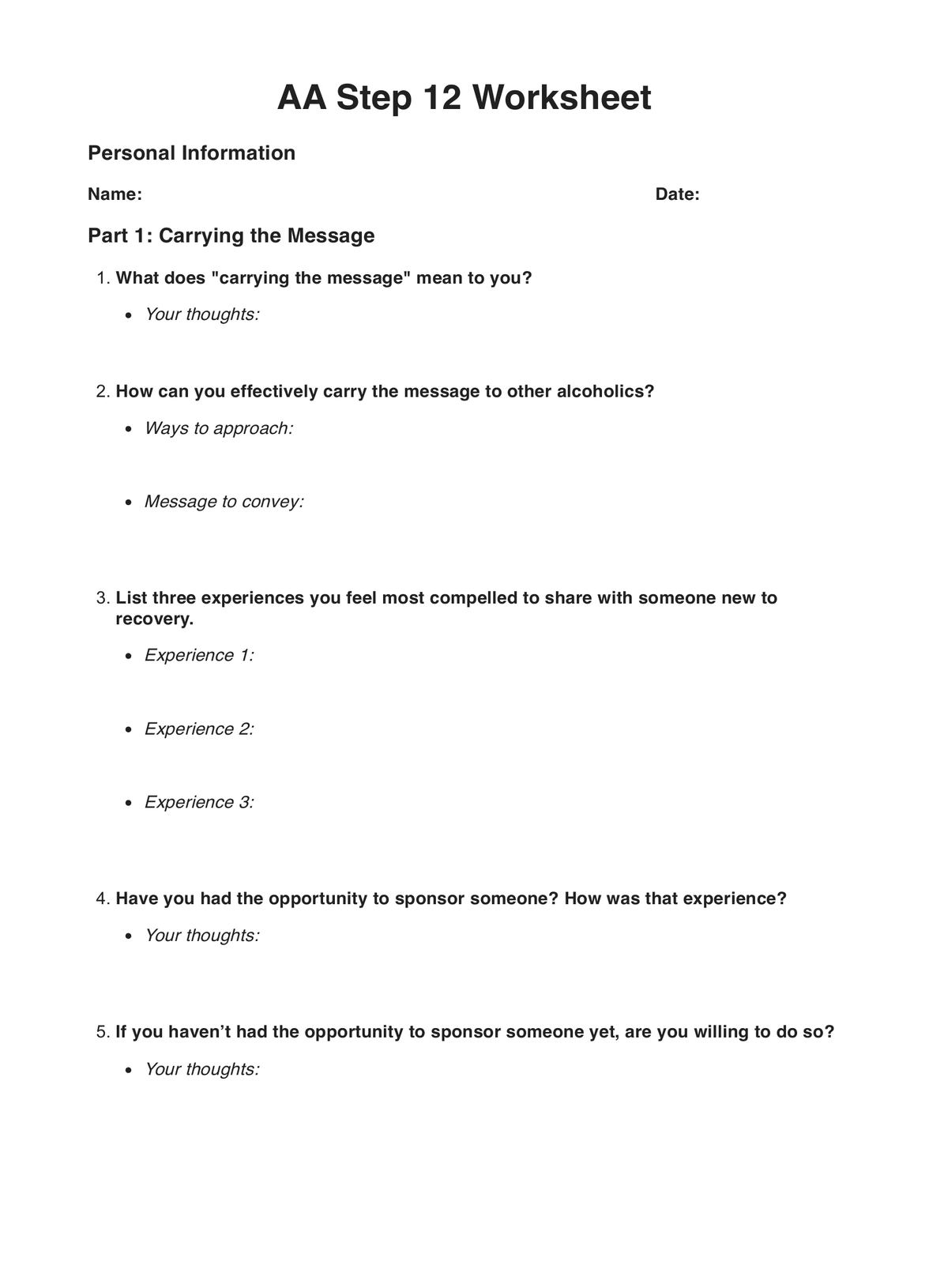
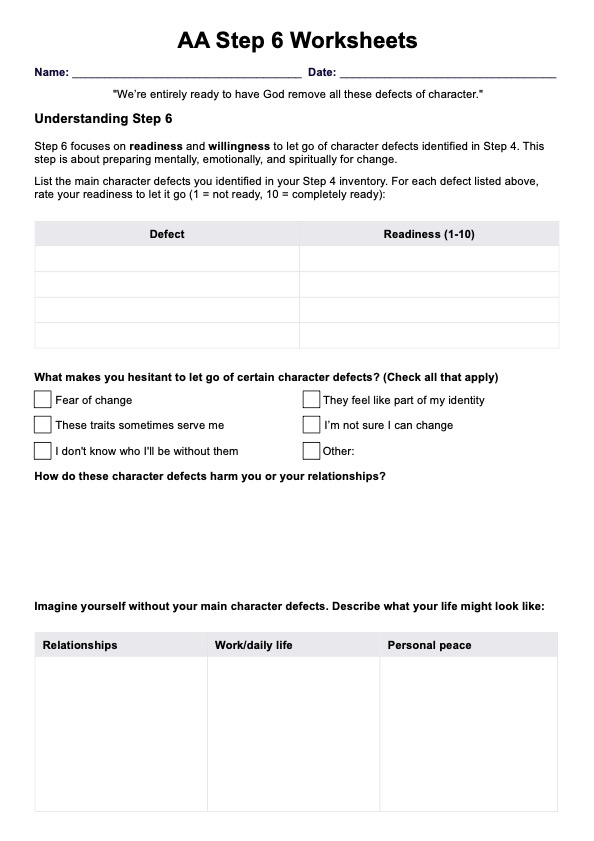
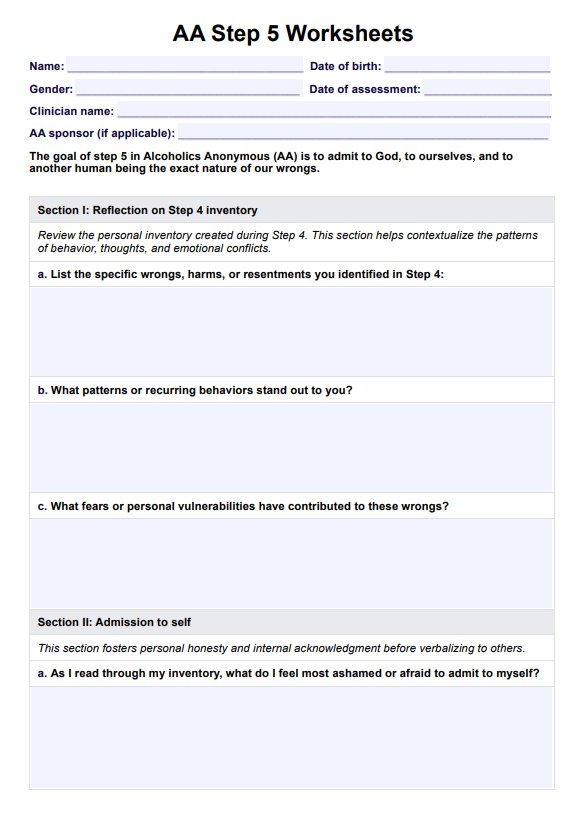
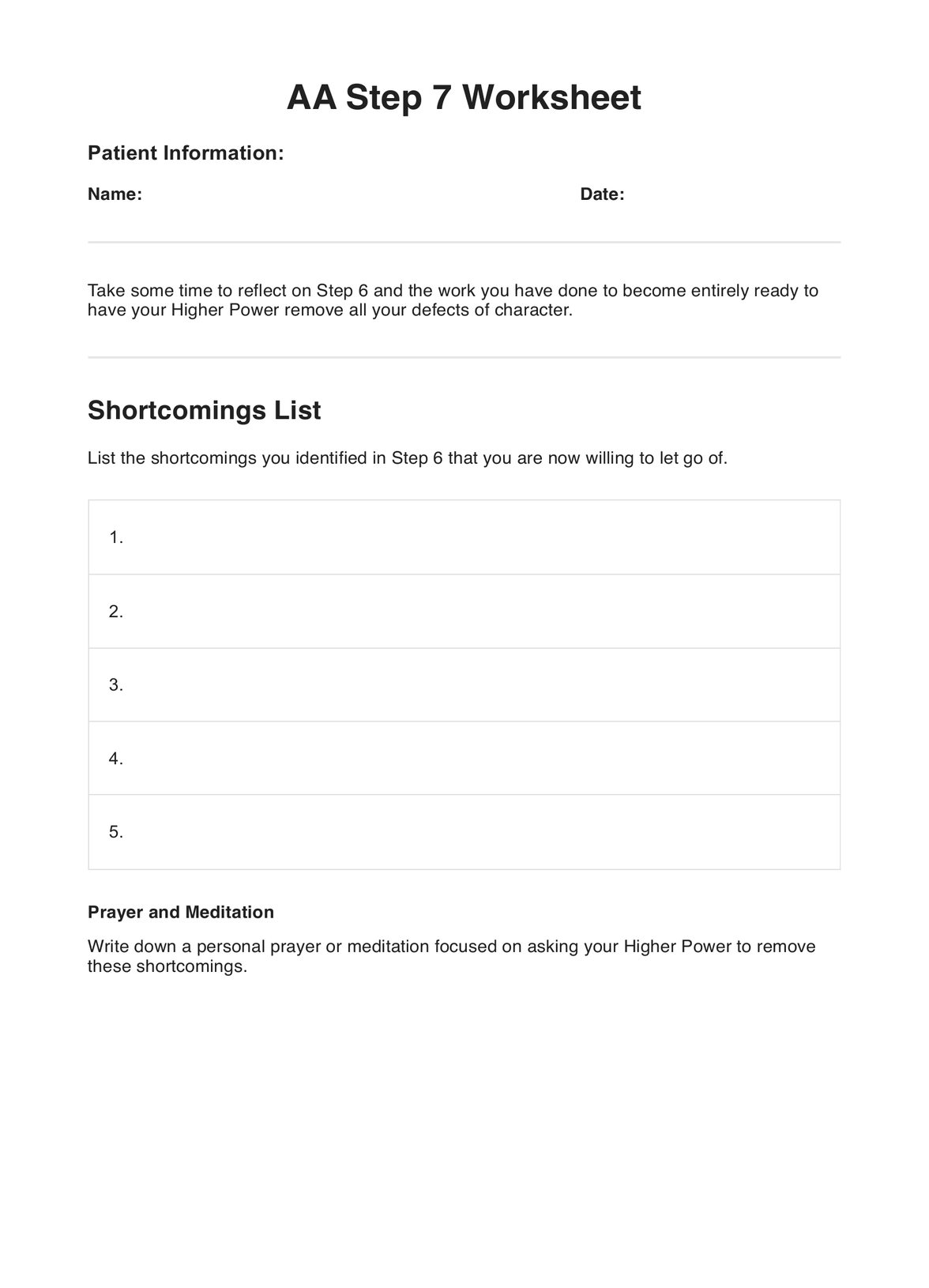
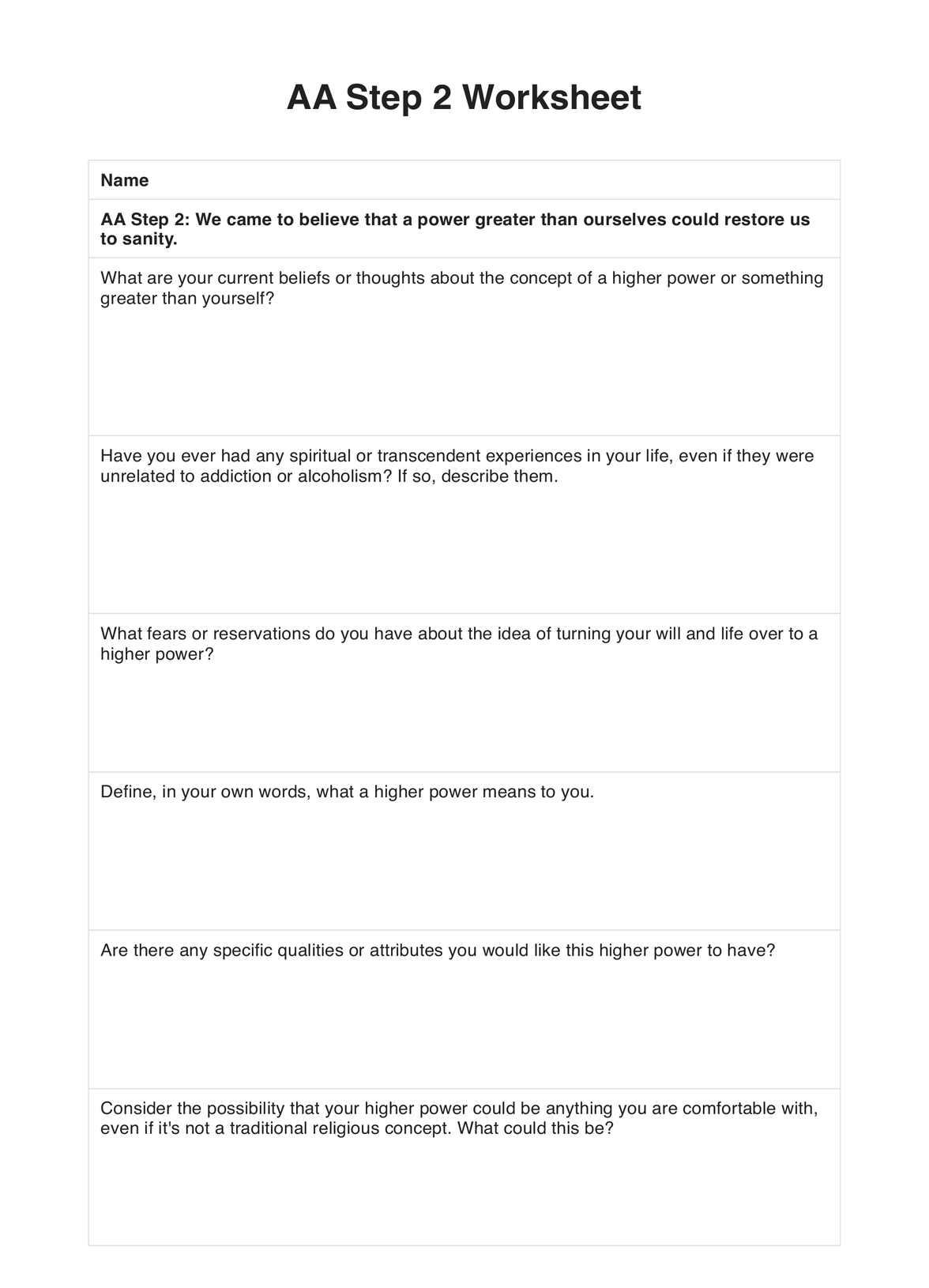
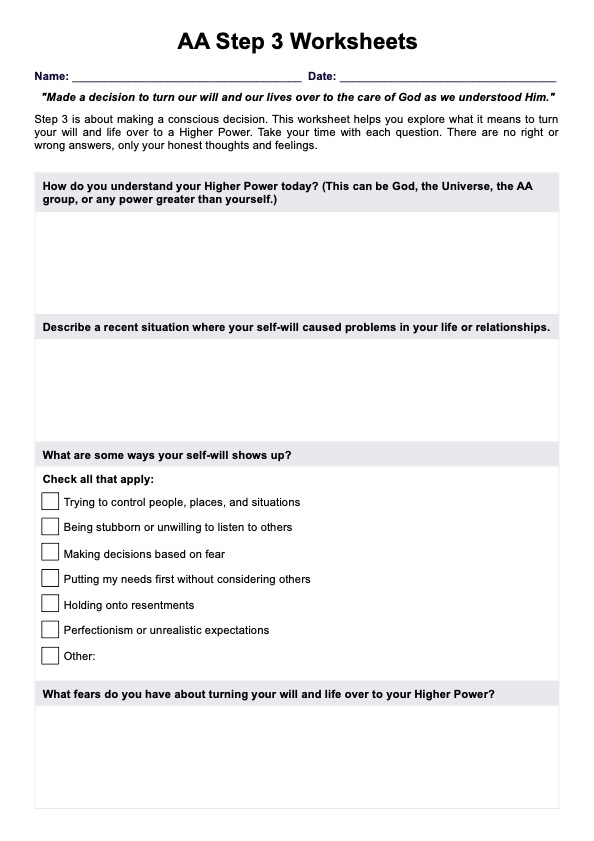
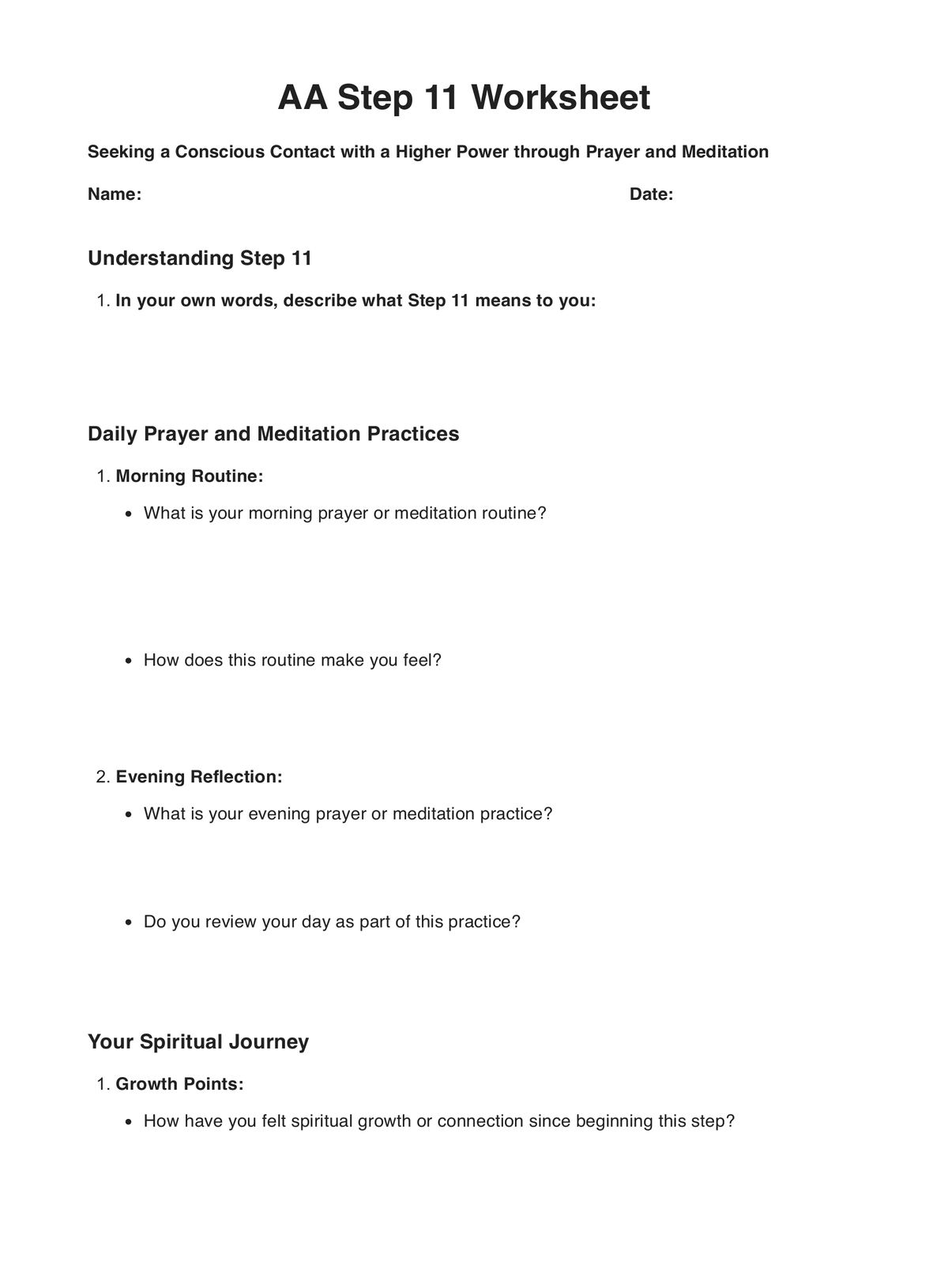
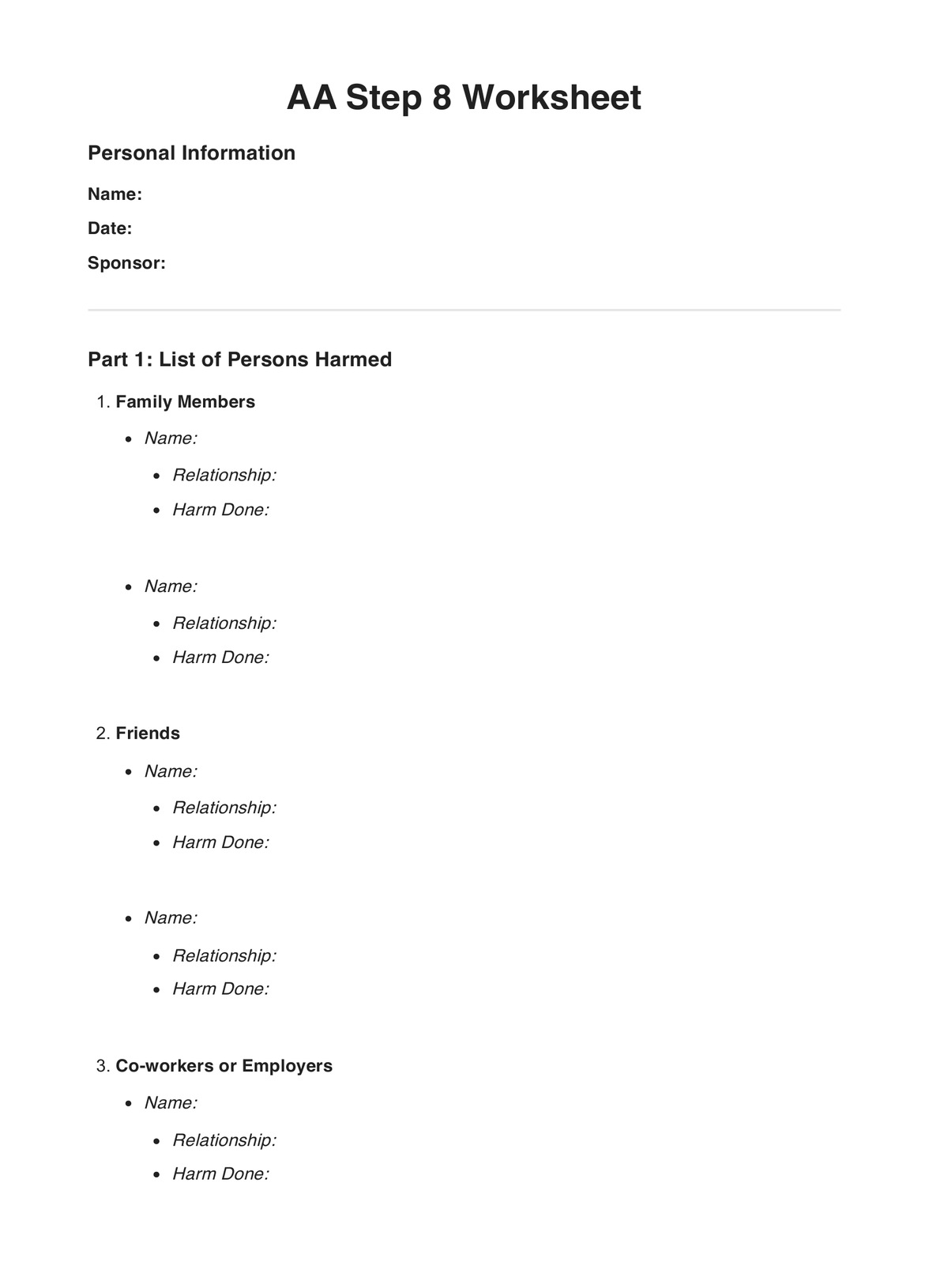
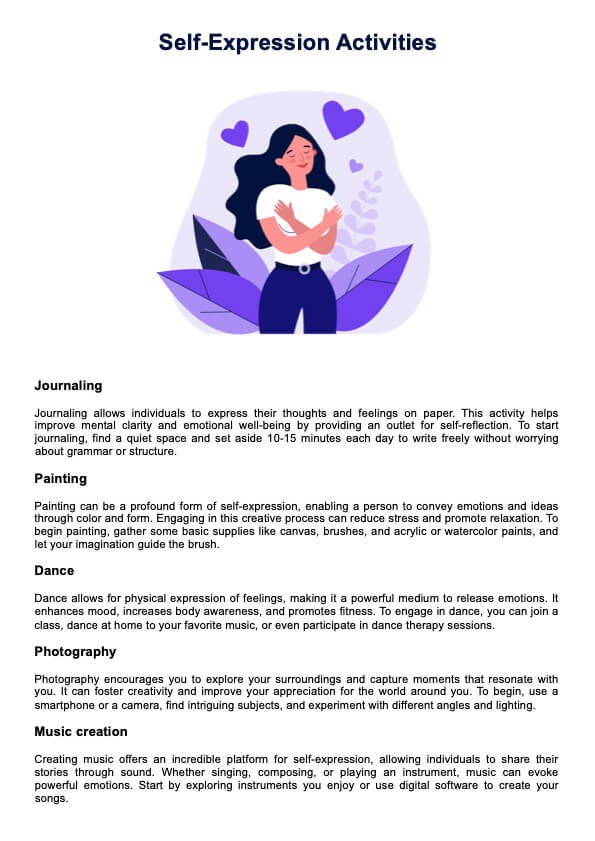
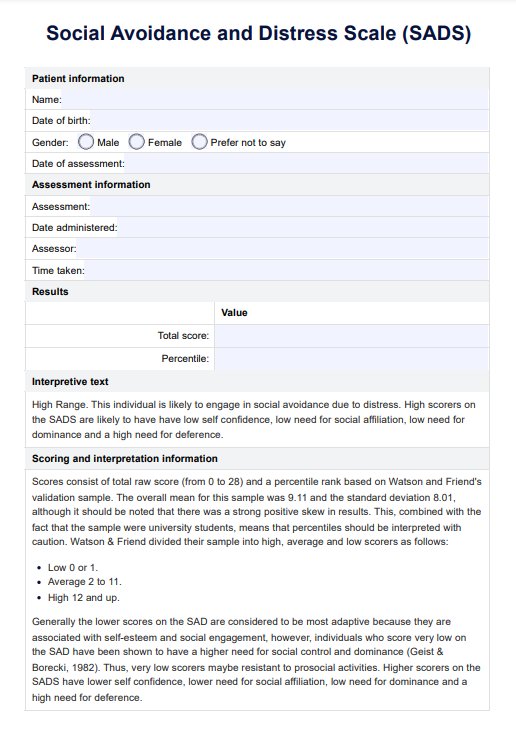
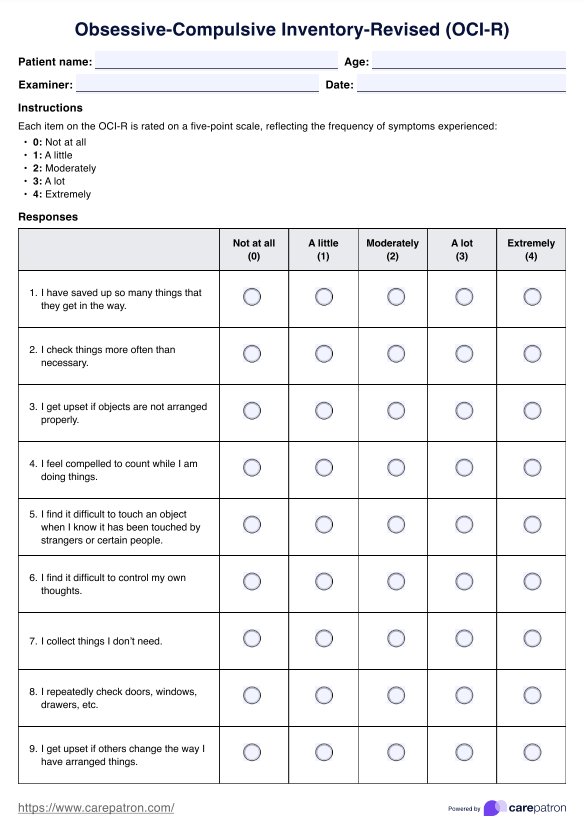









-template.jpg)


